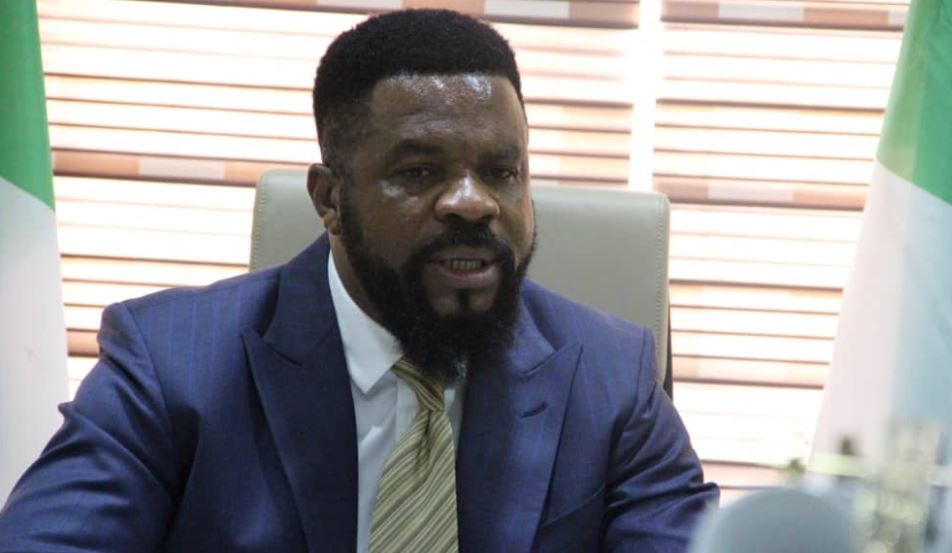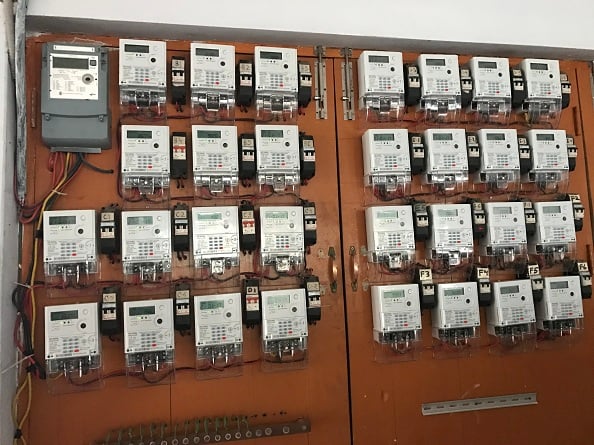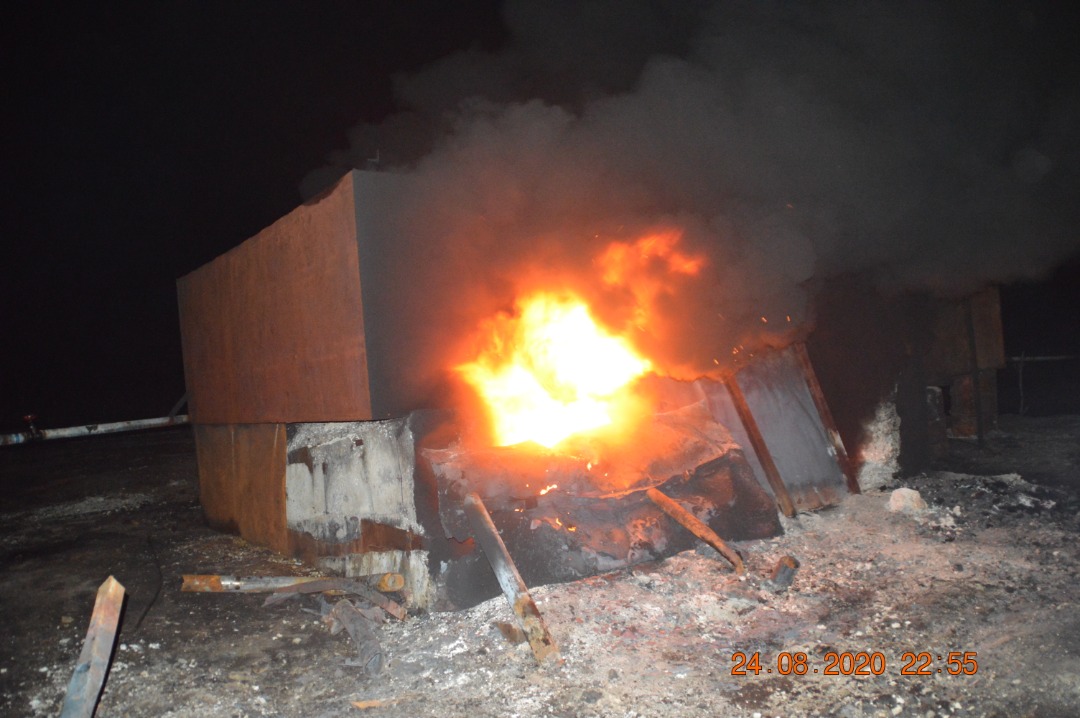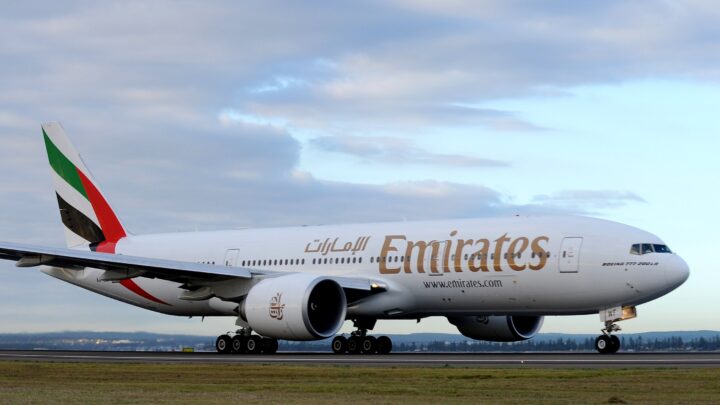The Nigerian Office of Trade Negotiations (NOTN) says trading has not begun under the African Continental Free Trade Area (AfCFTA) agreement because it is still in the process of domesticating the guidelines.
Victor Liman, NOTN acting director-general and chief trade negotiator, told journalists in Abuja that the processes involved before implementation include the enactment of a law by the national assembly in line with the provisions of section 12 of the amended 1999 constitution.
“You don’t just ratify an agreement and start implementation. You have to first of all address the domestic issues that would allow the implementation to kick-start. You have to put the right framework in place,” he explained.
“You have to address the legal issues regarding the implementation of the agreement. Section 12 of the 1999 constitution as amended, it’s there, it’s clear, to operationalise a treaty in this country, the national assembly has to enact a law to localise that treaty.
Advertisement
“So if you don’t and start implementation before the enactment of that law, it becomes illegal. After enacting the law, you have to publish it as a gazette with the federal government of Nigeria press for people to see.”
Liman said other processes include verifying the schedule of tariff for goods.
“You also have to map the schedules against the agreed rules of origin. We (ECOWAS) have met an agreed on 81 percent of the origin, 19 percent is still outstanding. But it was agreed during the 13th extraordinary summit of heads of states and government of the AU in December 2020 that we can begin implementation of those schedules and rules of origin subject to the conclusion of the negotiations of wants of origin with a timeline slated for June 2021.
Advertisement
“We can start to trade preferentially on the basis of that. However, it has to be a reciprocal arrangement. I have to see what South Africa is offering, I have to see – if South Africa trades bananas, what can we trade in return based on schedules we have and rules of origin. But that does not mean if South Africa trades to Nigeria we have to send a telephone. We have to look for something close to what they have sent us.
“We also have to in house prepare guidelines of the rules of origin for stakeholders, these are very technical things to engage with. Even trade experts struggle with the rules of origin. We need to simplify it and tell stakeholders what to do for their products to be wholly obtained.”
Liman said he has advised the ministry of industry, trade and investment to initiate some legal steps to fully implement the agreement in Nigeria.
He also stressed the need to set up a committee to be chaired by the minister, to look into the AfCFTA documentation and rightly domicile it in the ministry.
Advertisement
AfCFTA is a trade agreement between AU member states with the goal of creating a single market followed by free movement and a single-currency union.
The free-trade zone would be the largest in the world since the creation of the World Trade Organisation in 1995.







